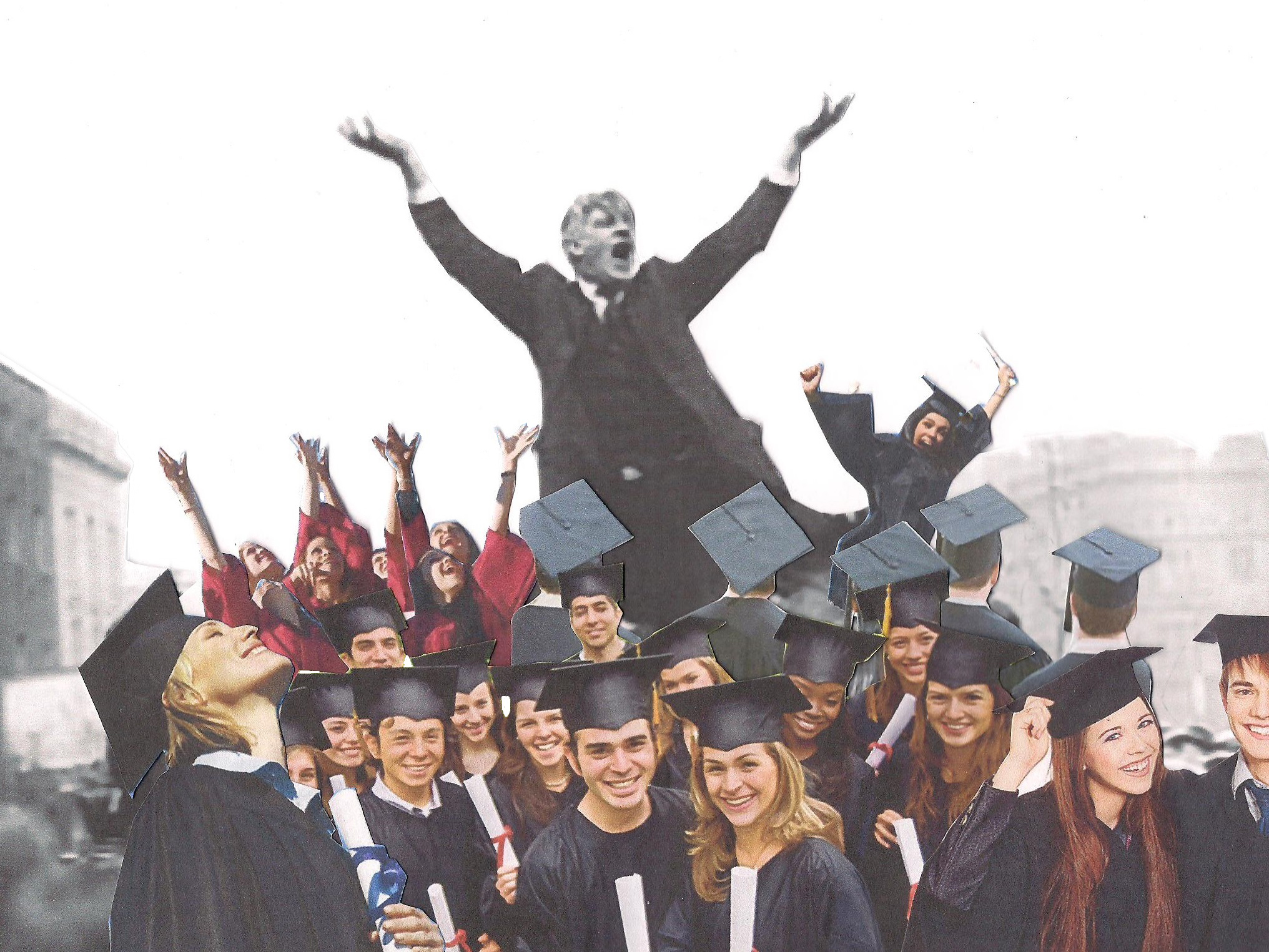Ciar McCormick |Deputy Opinion Editor
In the information age we live in, the university has become the centre of the knowledge economy, making it a more powerful institution than ever before. In many cities and regions the university has become a social, cultural, and economic force that shapes a huge number of lives and forms of labour. Galway city, for instance, benefits greatly from the prosperity that its National University brings to the area. The move to combine DIT’s facilities on a new campus is reported to reduce crucial economic activity in the pubs, coffee shops and sandwich bars around Aungier, Bolton, and Kevin Streets, where students with nowhere else to go would frequent. Trinity College has a similar influence in its section, as well as being one of the largest employers and landholders in the city centre.
In many cities and regions the university has become a social, cultural, and economic force that shapes a huge number of lives and forms of labour.
Unprecedented numbers of people are now passing through the university education system. We live in an age where the answer to unemployment is to retrain and invest in our own education to have a better chance of attaining whatever jobs are out there. The centrality of the university is evident, at least in the Western world, when third level education becomes a prerequisite for getting any half decent job. Being unable to afford university, picking the wrong institution or program, or failing to get the right credentials or connections have become crucial factors for one’s economic survival and future prospects.
At the same time, the university is being moulded by the economic environment in which it exists. To compete in the global education market, universities have formalized and refined methods of learning to provide “job-ready” skills. This often comes at the expense of critical thinking, awareness of social responsibility, and earnest intellectual exploration. Whole departments are being downsized, and interdisciplinary programs are being used as vacuous attempts to make universities more market efficient. We see university administrations pathologically chasing this ideal of newness and innovation, visible in Trinity’s rebranding initiative as a brazen attempt re-commodify the university and sever it from its history. New online-only courses function as a way of further dismantling the skeletal remnants of the classical education system. The university has been recalibrated as a sleek vehicle for “content delivery” and profit-making has become the new motto, forgetting “Liberté, Égalité, Fraternité” on which the system was originally built.
The centrality of the university is evident, at least in the Western world, when third level education becomes a prerequisite for getting any half decent job.
Meanwhile, a swelling hoard in the academic managerial class are forcing this university toward more budget cuts, relentless fee increases, and precariously employed teaching staff. These teachers are educating our generation, not simply with their content, but by their example of how to graduate into a life of work. The precarious working conditions that teaching staff have lived with for years are quickly becoming the norm for many workers, reflecting the state of our generation as a whole.
Within this context, the university has become a battleground for social tension. Financiers and economic elites sit on university boards, and research in areas such as biotechnology and pharmaceuticals is being dominated by corporate interests. Universities like ours are training grounds for the next generation of social elites: former Presidents Robinson and McAleese are the first to come to mind. But, simultaneously, there is a mass of young people disaffected by party politics and the economic environment that has been thrust upon them, filled with feelings of defeat, hopelessness and apathy.
These feelings could turn into anger, resistance, refusal, and a desperate search for alternatives in an instant. The number of social movements that have emerged from universities is notable: the Occupy Movement, Canada’s “Maple Spring”, and Hong Kong’s Student protestors are only recent examples. Back when the factory was the key institution of power and wealth in the industrial age, it was also the locus of strikes and protests. Now the university, as a hub of powerful interests, has become a similar setting for struggle.
The university has come a long way from its past as an institution of privilege.
As journalist Max Haiven points out, when we speak of the future of the university we essentially speak of our hopes and dreams for society as a whole. When we ask for free and high quality third level education, we do so because it produces better human beings at the other end, emerging from their studies ready to build a fair, equitable, and just society. When we ask for secure, fairly remunerated, and fully supported academic work, we do this not only because it provides better teaching and research, but because these things should be offered to all workers, not just those with PhD’s. And when we ask for universities to remain publicly funded, we do so because we believe that free and open access to a space for learning, researching, and debating difficult ideas is essential to a healthy society.
The university has come a long way from its past as an institution of privilege, yet neither has it become a reclusive cloister for post-adolescents. The university is at the centre of our society, equally influencing and affected by the world around it. Its importance for society, and for the people caught in its orbit, is undeniable.
Image by Sophie Meehan for The University Times







